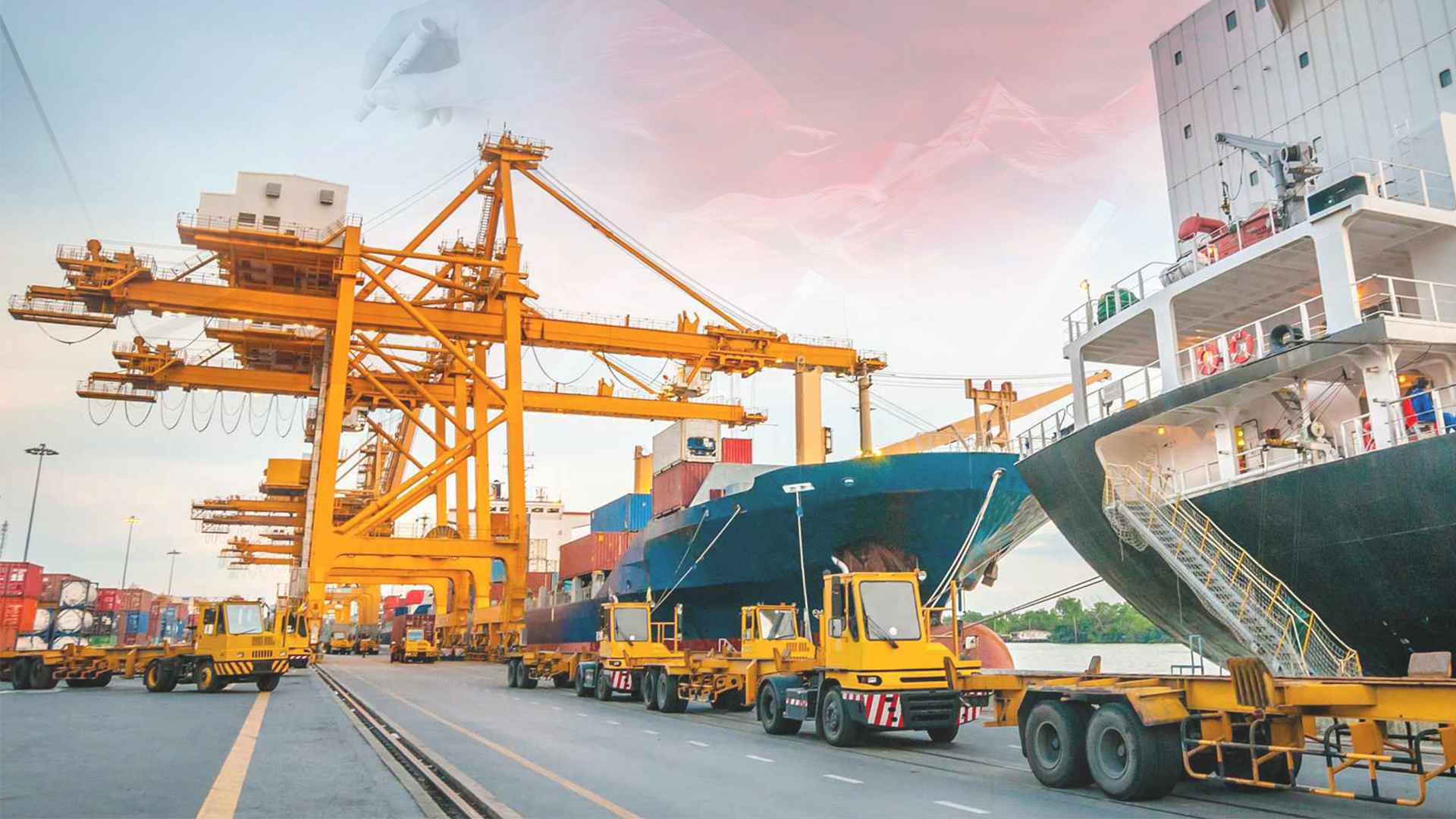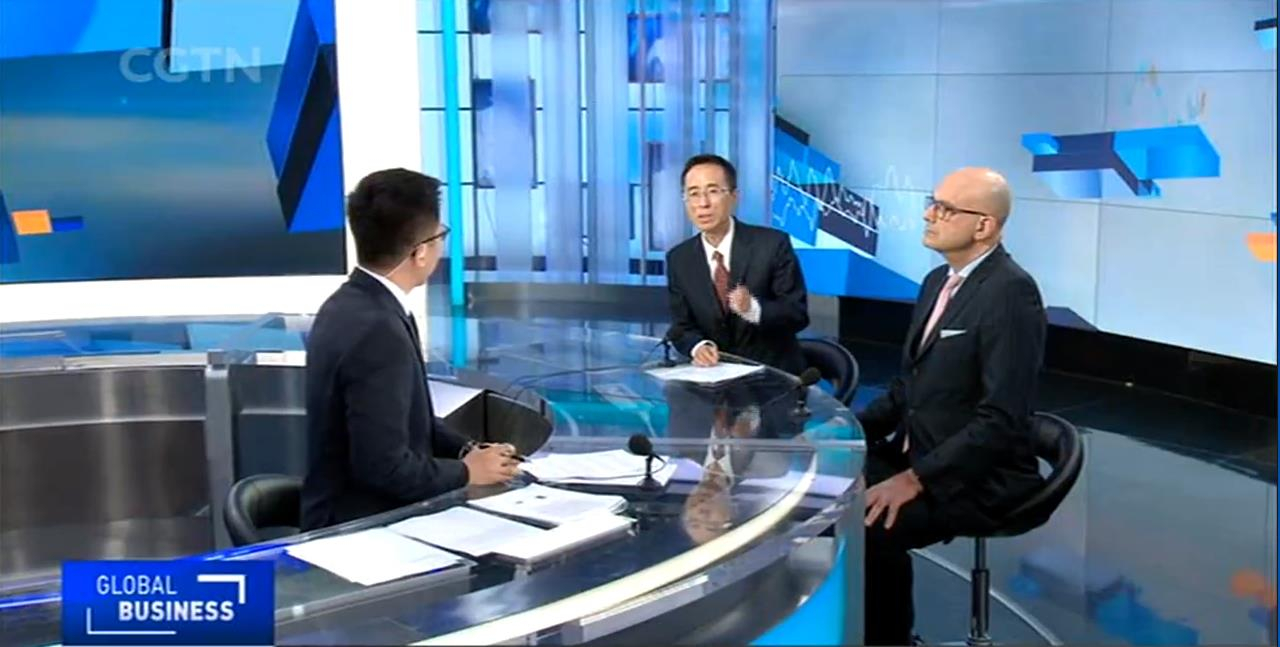
Business
22:34, 28-Jun-2018
Experts: Keeping promises, China to face down more challenges in WTO
Updated
22:13, 01-Jul-2018
By CGTN’s Liang Rui
09:25

“China has played an active role in the actual system.”
When talking about China’s contributions to the global economy and the World Trade Organization (WTO), Professor Cui Fan from the University of International Business and Economics said that China has spared no efforts to take actions for free trade and globalization.
“We decreased our tariff rate and eliminated our non-tariff barriers. We’ve done a lot to open our market, providing a large market to other countries,” Cui said. He added that China has also participated actively in trade negotiations from the very beginning since the country was included in the organization.
“In the meantime, actually, when China entered the WTO in 2001, almost the same time, WTO launched a new round of negotiation. Although the movement of negotiation is quite slow at the moment, China has done a lot to push forward the agenda and raised some new topics, for example, investment facilitation.”
Cui said that many ministers signed a statement on new topics suggested by China. For him, China has fulfilled the initial promises completely by such performances. He explained that some people don’t agree with the opinion just because they misunderstood the guarantees.
“If we look at the commitment word by word, [we’ll see] they’re not only opening promises but a lot of limitations of market access and exceptions of national treatment. For example, for financial sector, the tables [are] full pages long,” he stated, waving the papers in his hand. ”And for communication sector, we have nine pages. A lot of limitations were there as well. So actually in 2001, although we opened a lot of sectors, it was not a full opening.”

CGTN Photo
CGTN Photo
Cui said that in the initial promises, China had guaranteed to open around a hundred sectors in the service sector, but now has already opened about 120.
“In the table, we promised [to] open 100 [sectors], a little bit lower than the average level, say 108, which is the commitment level of developed countries. But in practice, China has done lots of autonomous opening and liberalization,” he clarified.
Challenges still exist though China has been achieving the goals set upon joining the WTO. Intellectual property is one of them.
“The challenges are that when one comes to China, they think everything is developed. They see the big buildings, they see the big cites, and they think that’s exactly the same term and terminology as would be in New York or London and other places in the world,” said Edward Lehman, Legal Advisor of World Bank, Lee and Xu, when talking about the IP situation in China. He said the reason that China cannot catch up with Western countries in terms of IP was that only a small number of attorneys are engaging in IP-related affairs here.
“There are 300,000 lawyers in all of China, [but] there’s 1.3 million in America, 90,000 in state where I come from,” he said. But Lehman also concluded that IP should not be a problem for China to maintain because the country is good at solving such challenges.

SITEMAP
Copyright © 2018 CGTN. Beijing ICP prepared NO.16065310-3
Copyright © 2018 CGTN. Beijing ICP prepared NO.16065310-3